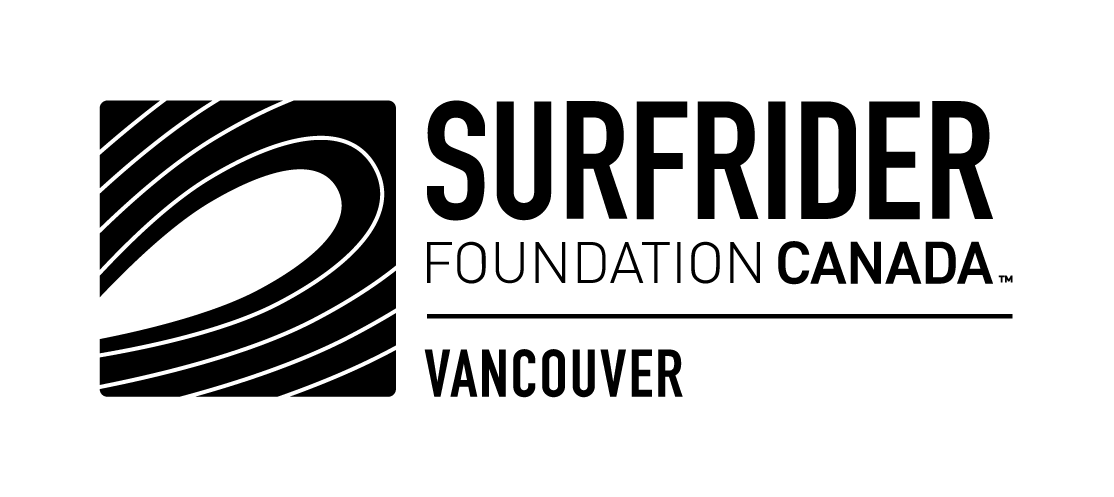What Goes Into The Ocean, Goes Into You
CRAVING A LITTLE SUSHI?
What goes in the ocean, goes into you, as this ad by Portland agency Pollinate brilliantly illustrates.
Easily mistaken for food, marine plastic – which comes primarily from land-based sources – is ingested by fish and ocean mammals.
What was once our food packaging may soon be our meal.
Why should we be concerned? Beyond the immediate or short-term effects to the fish, such as discomfort, malnourishment or starvation, plastic in the ocean concentrates and carries persistent organic pollutants such as DDT, PCBs, mercury and other toxins. A study by Algalita Marine Research Foundation of the North Pacific Central Gyre in 2008 found that approximately 35% of the fish studied had ingested plastic, averaging 2.1 pieces per fish.
The ocean is the single largest source of the world’s protein. Contamination of the ocean is thus a contamination of ourselves.
We do not yet know with certainty what effects these pollutants will have on human health as they travel up the food chain. However, with BPA (a common chemical additive to plastic packaging) having recently been found to interfere with reproductive development and also linked to cardiovascular disease, diabetes, and obesity, it seems unlikely we won’t be negatively affected by these pollutants now becoming ubiquitous in the marine environment.
Through our Rise Above Plastics program, we raise awareness in Vancouver for these and other detrimental effects caused by plastic pollution. We advocate for a reduction in single use plastics and promote awareness for simple ways everyone can reduce their plastic footprint.
Coast Mountain Culture magazine is not only eye candy for ocean and mountain types, it’s also free at over 150 locations around the Pacific Northwest.
Coast Mountain Culture is generously promoting Surfrider Vancouver with the inclusion of our full page Rise Above Plastics ad in this issue.
